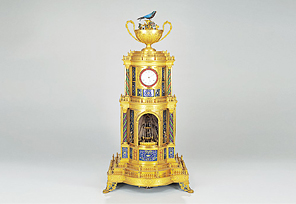HOME > Exibitions > Concurrent Exhibitions
During “Cutting a Valiant Figure: Weapons and Armor in the Nezu Museum Collection" Saturday, February 14 – Sunday, March 29, 2026)
- Cutting a Valiant Figure: Weapons and Armor in the Nezu Museum Collection (cont'd)
- Following Gallery 1, please enjoy a collection of real armor and lavish maki-e.
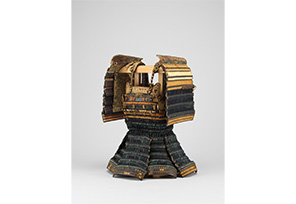


- Haramaki Type Armor with Black Leather Lacing
- Japan Muromachi period, 16th century
Nezu Museum
- The Allure of Buddhist Art: Buddhist Sculptures Created in the Early Modern Period
- Gallery 3 presents a Buddhist sculpture from the late medieval period (15th to 16th century) and masterpieces of early modern Buddhist sculpture.
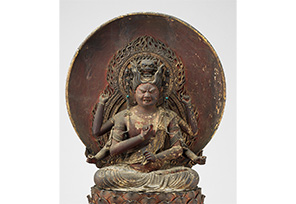

- Seated Aizen-myōō (Rāgarāja)
- Wood with polychromy
- Japan Edo period, 17th century
Nezu Museum
- Ancient Chinese Bronzes
- The Nezu Museum collection of bronzes is world-renowned, and particularly strong in the area of late Shang (17th to 11th centuries BC) dynasty vessels, the pinnacle production period of this medium.
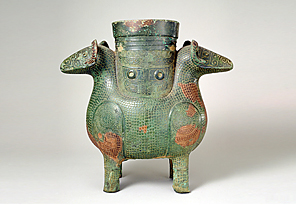


- Double-Ram Zun
- Bronze
- China; probably Hunan province, 13th-11th centuries BC
Nezu Museum
- One Hundred Camellias: Motifs to Adorn Lives
- Created during the start of the early modern camellia gardening boom, this work depicts one hundred varieties of the flower. It is shown alongside lacquerware and ceramics featuring camellia motifs.
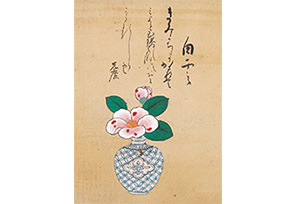

- One Hundred Camellias
- Attributed to Kanō Sanraku
- Japan Edo period, 17th century
Nezu Museum Gift of Mogi Katsumi
- First Sprouts: A Spring Tea Gathering
- Spring is the season when, surrounded by gentle sunlight, new growth suddenly sprouts on plants and trees. To celebrate the arrival of this season, in the world of tea, we welcome guests with an assemblage of utensils chosen for their bright and cheerful character.
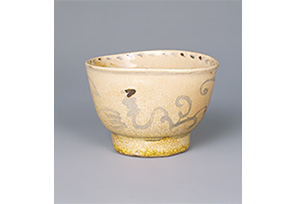

- Tea Bowl with Plant Design
Seto ware - Ceramic
- Japan Edo period, 17th century
Nezu Museum











